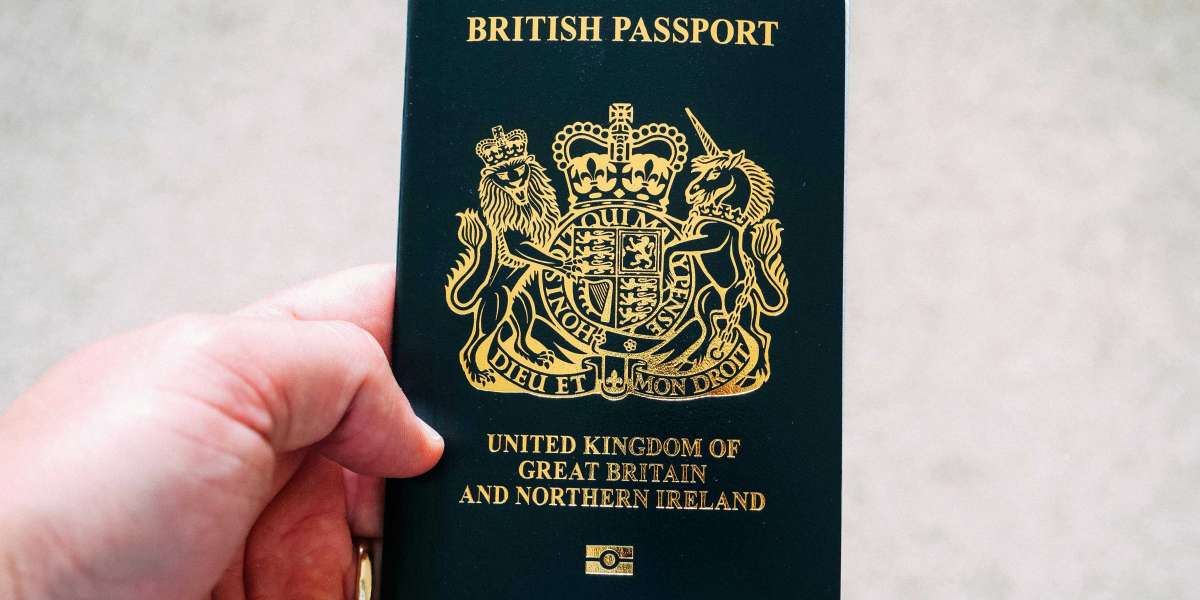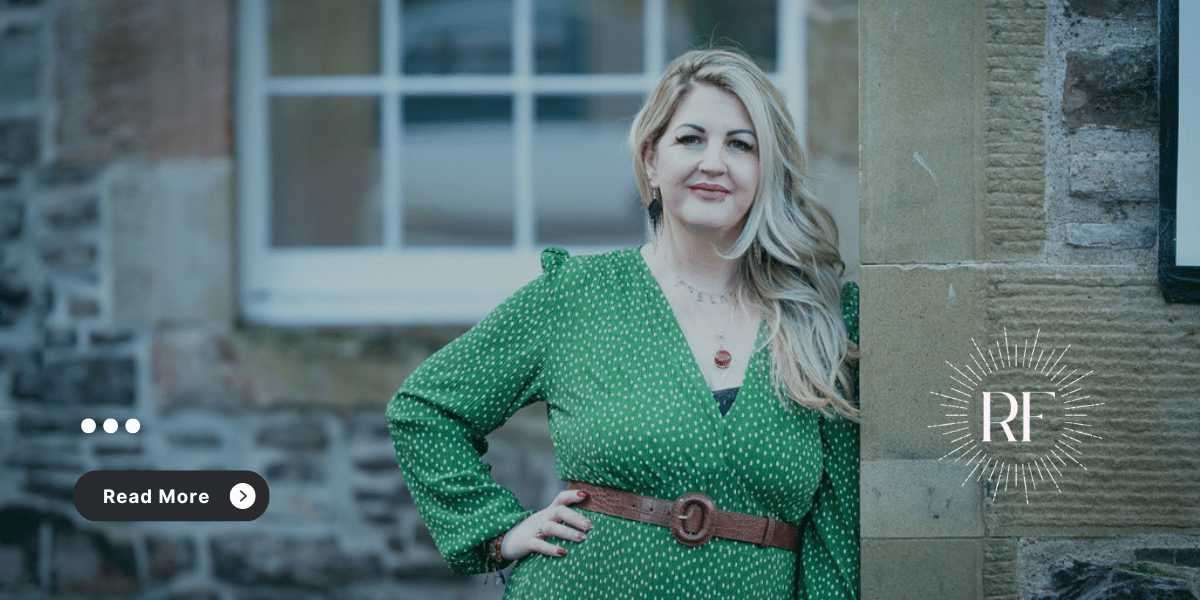Have you got the LinkedIn badge proving that you are who you say you are? Have you seen others get verified and wondered if you need to as well? If you're on the fence, you might be wondering if it's safe, easy and worth it - so let's discuss the pros and cons!
Why you should consider getting verified
LinkedIn has been on a mission to remove fake accounts. If you've been following me for a while, you might remember me reassuring you last year that a sudden drop in your followers is most likely a result of LinkedIn removing scam accounts and not a reflection of your strategy.
The purpose of the verification badge is simple: it proves to potential connections and to LinkedIn that you are who you say are. This allows people to connect with you knowing that you are a real person and it allows LinkedIn to be certain which profile is real if someone clones it.
In other words, it's a free way for you to protect your profile.
Is it safe to get verified?
In the process of getting verified you have to share a selfie and a copy of your passport or photo ID. Sharing that kind of information is never risk-free, but LinkedIn has set it up so it is as safe as it can be. In the UK, they use a third party called Persona.
Only the third party gets your information, LinkedIn itself never gets your details. In the US, they use a different third party, which is good news for us because that means that they've had to find a third party that stands up to European and British GDPR rules.
Once verified, you can still decide to remove the badge, and according to GDPR rules, you can request that Persona safely dispose of your details.
Is it easy to get verified?
The process is quite a hassle but simple enough. The main challenge is that your LinkedIn details need to match your ID exactly, and for many of us, they don't. This means that if you want to get verified, you can't have your LinkedIn name as your preferred name that you've built your business using - it has to be your real name. This also means you can't include emojis, the name of your business or your industry in your name. Middle names can also cause the verification to fail, but it appears that it's failing for some because they didn't include their middle name and for others because they did.
Is getting verified worth it?
According to LinkedIn, verified accounts get on average 60% more views. And from that data, it seems like a no-brainer but remember that if popular LinkedIn users get verified, that's going to affect that figure massively!
The decision of whether or not it's worth it is one that only you can make.
At the time I'm writing this (August 2024), for me, the benefits don't outweigh the hassle. I have 2FA set up, I use my account regularly and you can easily tell from my profile that I am a real person.
Thanks for reading! I share a blog like this one every other Tuesday, and if you feel like they help your social media presence, and more importantly, your business - then please consider leaving a tip.
Every time this tip jar reaches £15, I'll run a giveaway on social media so a small business can access my membership group for two months.
Tesni xx
Why you should consider getting verified
LinkedIn has been on a mission to remove fake accounts. If you've been following me for a while, you might remember me reassuring you last year that a sudden drop in your followers is most likely a result of LinkedIn removing scam accounts and not a reflection of your strategy.
The purpose of the verification badge is simple: it proves to potential connections and to LinkedIn that you are who you say are. This allows people to connect with you knowing that you are a real person and it allows LinkedIn to be certain which profile is real if someone clones it.
In other words, it's a free way for you to protect your profile.
Is it safe to get verified?
In the process of getting verified you have to share a selfie and a copy of your passport or photo ID. Sharing that kind of information is never risk-free, but LinkedIn has set it up so it is as safe as it can be. In the UK, they use a third party called Persona.
Only the third party gets your information, LinkedIn itself never gets your details. In the US, they use a different third party, which is good news for us because that means that they've had to find a third party that stands up to European and British GDPR rules.
Once verified, you can still decide to remove the badge, and according to GDPR rules, you can request that Persona safely dispose of your details.
Is it easy to get verified?
The process is quite a hassle but simple enough. The main challenge is that your LinkedIn details need to match your ID exactly, and for many of us, they don't. This means that if you want to get verified, you can't have your LinkedIn name as your preferred name that you've built your business using - it has to be your real name. This also means you can't include emojis, the name of your business or your industry in your name. Middle names can also cause the verification to fail, but it appears that it's failing for some because they didn't include their middle name and for others because they did.
Is getting verified worth it?
According to LinkedIn, verified accounts get on average 60% more views. And from that data, it seems like a no-brainer but remember that if popular LinkedIn users get verified, that's going to affect that figure massively!
The decision of whether or not it's worth it is one that only you can make.
At the time I'm writing this (August 2024), for me, the benefits don't outweigh the hassle. I have 2FA set up, I use my account regularly and you can easily tell from my profile that I am a real person.
Thanks for reading! I share a blog like this one every other Tuesday, and if you feel like they help your social media presence, and more importantly, your business - then please consider leaving a tip.
Every time this tip jar reaches £15, I'll run a giveaway on social media so a small business can access my membership group for two months.
Tesni xx








